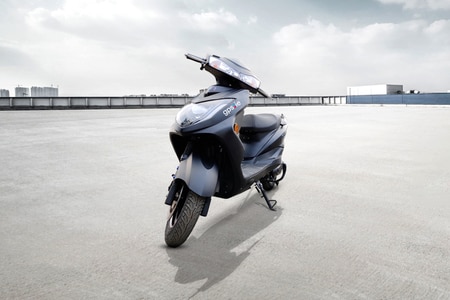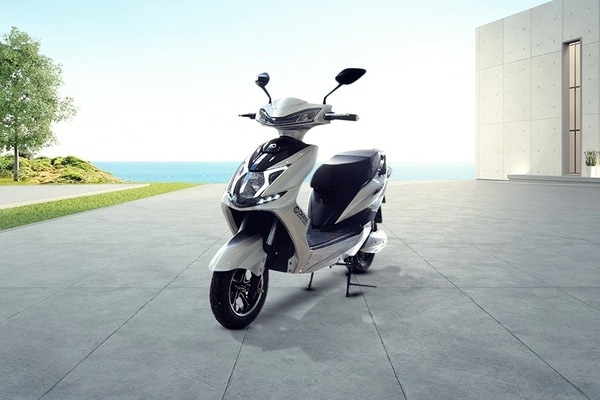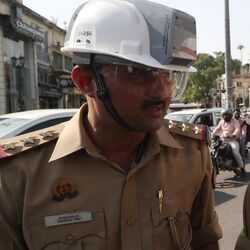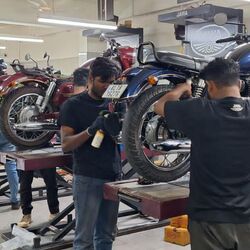New safety tests introduced for electric vehicles under FAME, PLI: Details here
- These new tests for EVs will ensure quality for electric vehicles on three levels - battery pack, battery management system and cell level.
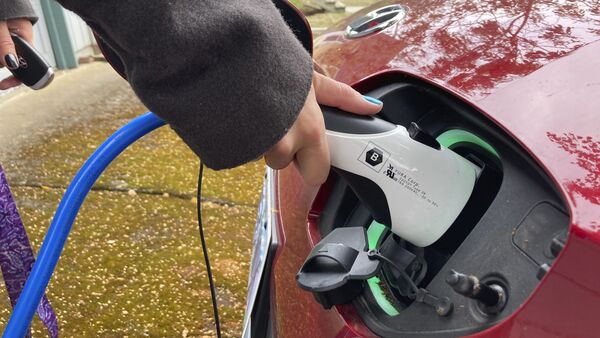

The Heavy Industries Ministry has announced that certain safety tests, which are done internationally for electric vehicles, will become mandatory in India from April 1, 2023, for claiming incentives under the production linked incentive (PLI) scheme for automobiles and for those sold under the Faster Adoption and Manufacturing of Electric Vehicles (FAME II). These tests will also be applicable on batteries that are produced under the PLI for advanced chemistry cells (ACC).
In a notification issued on Wednesday, the ministry stated that these new tests will ensure quality for electric vehicles on three levels - battery pack, battery management system and battery cell level. The ministry informed that these tests are widely carried out and accepted internationally for safeguarding human safety and thus, would be made mandatory for the above mentioned schemes.
Also check these Bikes
Also Read : Which are October's top electric two-wheeler brands?
The ministry notification has listed out the different tests introduced under these three levels. There will be six new tests for cells, which include impact test, temperature cycling, shock, vibration, altitude simulation and fire exposure. Under temperature cycling test, the reaction of the lithium-ion cell will be observed after the chamber temperature is raised and is kept at the high temperature.
There will be eleven new tests for the battery management system. These include over current protection, communication interface, cell voltage check, current sensors check, cell temperature check, MOS temperature check, charge MOS check, Discharge MOS check, power rail check, fuse current check and cell balance function check.
Coming to the battery pack level testing, the ministry has introduced five new tests. These include case stress, drop/free fall, immersion, crush and imbalance charging. The free fall tests help observe that the lithium ion batteries do not explode or catch fire under a range of possible abuses as per international standard -IEC-62133-2.
In September, the Ministry of Road Transport and Highways had issued additional safety requirements for battery safety, which came into effect from 1 October, 2022.







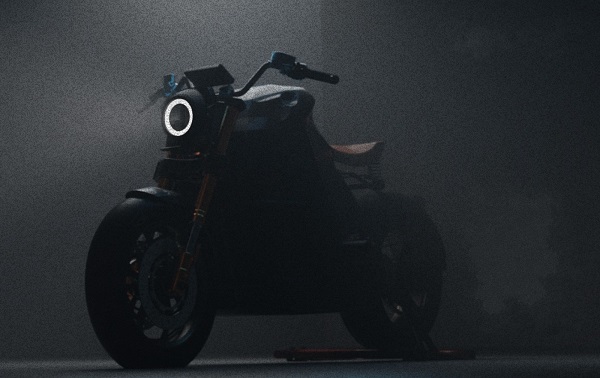
 11.6 kwh
11.6 kwh 344 km
344 km

